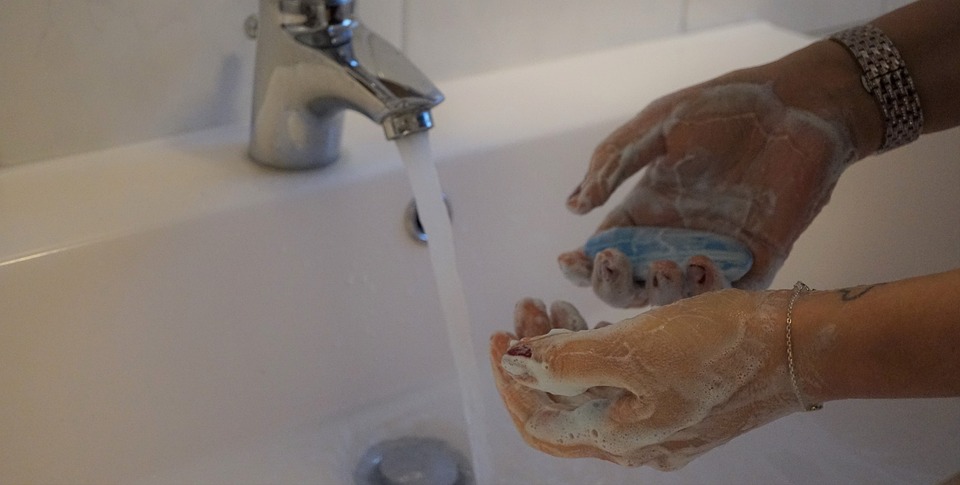Stay Hydrated on the Go: Essential Tips for Travelers
Traveling can be a thrilling and enriching experience, but it can also be demanding on your body, particularly when it comes to staying hydrated. Whether you’re exploring a new city or trekking through remote wilderness, it’s essential to keep your body hydrated to maintain optimal health and energy levels.
Tips for Staying Hydrated During Travel
Here are some essential tips to help you stay hydrated on the go:
1. Carry a Reusable Water Bottle
Invest in a high-quality reusable water bottle that you can easily carry with you wherever you go. This reduces the need for single-use plastic bottles and allows you to fill up and stay hydrated throughout the day. Look for bottles that are lightweight, leak-proof, and BPA-free for the best travel companion.
2. Drink Water Before, During, and After Flights
Airplane cabins have low humidity levels, which can lead to dehydration during long flights. Make sure to drink plenty of water before boarding and continue to hydrate throughout the journey. Additionally, try to avoid excessive consumption of caffeinated and alcoholic beverages, as they can dehydrate you further.
3. Pack Electrolyte Supplements
When traveling to destinations with hot climates or engaging in physically demanding activities, it’s crucial to replenish electrolytes lost through sweating. Consider packing electrolyte supplements or tablets that can easily be added to your water bottle. These supplements help restore essential minerals like sodium, potassium, and magnesium.
4. Set Hydration Reminders
In the excitement of exploring a new place, it’s easy to forget to drink enough water. Set hydration reminders on your phone or smartwatch, ensuring you take regular sips of water throughout the day. This simple habit can prevent dehydration and keep your energy levels up.
5. Opt for Hydrating Foods
Keep your body hydrated not only through fluids but also through the food you consume. Opt for hydrating foods such as watermelon, cucumbers, oranges, and strawberries. These fruits and vegetables have high water content and provide essential vitamins, minerals, and antioxidants.
6. Avoid Excessive Alcohol and Caffeine
While it’s tempting to indulge in cocktails or coffee during your travels, excessive consumption of alcohol and caffeine can lead to dehydration. Both alcohol and caffeine act as diuretics, causing increased urine production and fluid loss. If you do enjoy an alcoholic or caffeinated beverage, make sure to balance it out with extra water.
7. Research Tap Water Safety
When traveling to foreign countries, it’s crucial to research the safety of tap water. In some destinations, tap water may be unsafe for drinking due to potential contaminants. If tap water is unsafe, stick to bottled water or invest in a water filter bottle or purifier to ensure you have access to clean, drinkable water.
8. Stay Hydrated in High Altitudes
If you’re traveling to high-altitude destinations, such as mountainous regions or areas with extreme temperatures, it’s even more important to stay hydrated. The lower oxygen levels in high-altitude environments can increase the risk of dehydration and altitude sickness. Drink plenty of water and avoid excessive physical exertion to maintain your hydration levels.
FAQs

